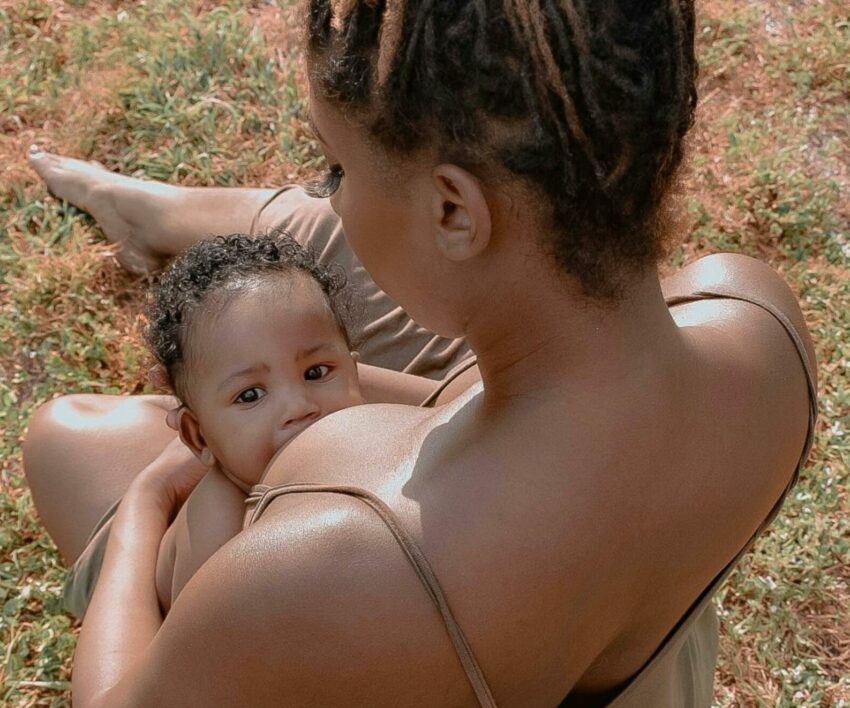
Breastfeeding is often regarded as the safest and healthiest form of nutrition for babies in their very first few years, this is because it is natural with no added preservatives or artificials.
So, if that is the case then would it be possible for a baby to be allergic to a mother’s milk? Experts say that it might not necessarily be that the milk itself is the problem, your baby could be allergic to the food you eat while nursing.
Pediatric allergist, Dr Jackie Bjelac states that to avoid allergies such as protein allergy in babies, “The breastfeeding parent needs to avoid milk in their diet so the baby doesn’t see any of that protein through their milk.”
According to the Health Children publication, two or three out of every 100 exclusively breastfed babies experience an allergic reaction, often to cow’s milk in their mother’s diet. These reactions are said to include colic, abdominal discomfort, skin rash, vomiting, diarrhoea, or difficulty breathing.
“While rare—especially among breastfed babies—milk allergies can be severe or fatal. Most babies eventually outgrow their allergy to cow’s milk, although food allergies to other substances may be lifelong.” Studies suggest avoiding certain foods like “Dairy products, fish, eggs, peanuts, and other nuts,” during pregnancy and breastfeeding to reduce eczema risk, especially for families with severe food allergies.
The Lil Mixins publication suggests that to address a baby’s reaction to certain foods in breast milk, you need to follow a guided elimination diet, avoid the food for 6 months, and strengthen the baby’s gut barrier with allergy-preventing probiotics and “Supplements that improve mom’s gut barrier to reduce proteins in her breast milk.”
Also see: This is how breastfeeding moms can produce more milk




